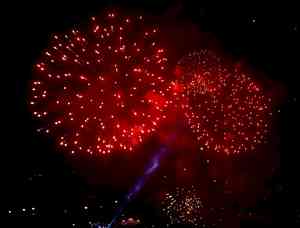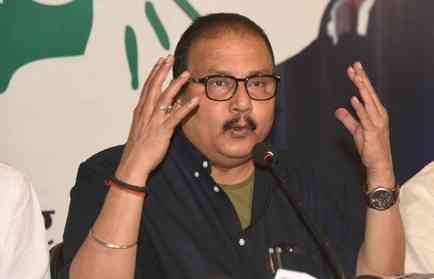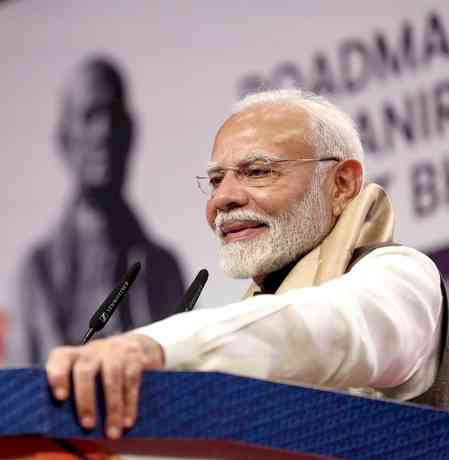'Shun polluting fireworks, opt for eco-friendly Diwali,' BMC urges Mumbaikars
Grappling with high air and noise pollution levels in the country’s commercial capital Mumbai, the Brihanmumbai Municipal Corporation (BMC) on Monday issued fresh directives to make Diwali celebrations eco-friendly and free of polluting fireworks, officials said.

Mumbai, Nov 13 (IANS) Grappling with high air and noise pollution levels in the country’s commercial capital Mumbai, the Brihanmumbai Municipal Corporation (BMC) on Monday issued fresh directives to make Diwali celebrations eco-friendly and free of polluting fireworks, officials said.
BMC Commissioner I. S. Chahal invoked the directives of Bombay High Court and Chief Minister Eknath Shinde in this regard and fresh initiatives across the 24 city wards to combat air pollution during the festival season.
The civic body has urged people to shun fire-crackers, plastic bags, avoid waste and embrace green options like lamps, paper or cloth bags and recycling waste as much as possible to ensure environment-friendly and pollution-free Diwali.
“Diwali is traditionally a festival that illuminates our homes and hearts with the warm glow of diyas and colorful decorations. Let's celebrate Diwali by emphasising the beauty of lights over the noise and smoke of firecrackers,” urged Chahal.
He also asked Mumbaikars to stick to the 8 to 10 p.m. timings for lighting fire-crackers to ensure a peaceful night with low pollution levels, adopting eco-friendly and low-emission fire-crackers, and other alternatives that do not cause air or noise pollution.
The civic body has also urged people to celebrate Diwali in the open spaces but avoid disturbing the peace in silence zones like hospitals, educational institutions, places of worship, petrol pumps or roads, for safety.
A day after Diwali, Mumbai recorded a ‘poor’ air quality index (AQI) of 118 on Monday, besides very high noise pollution levels in a separate study by NGO Awaaz Foundation.
The PM 2.5 level in Mumbai was 2.9 times higher than the recommended limits of the World Health Organisation's (WHO) 24-hour air quality guidelines value, according to the readings at 6 a.m. on November 13.
Some of the worst-hit areas of the city with ‘poor’ AQI included Deonar (157), Bandra East (155), Nerul and Powai (151 each), Bandra Kurla Complex (139), Sion (134), Borivali East and Chhatrapati Shivaji Maharaj International Airport (127 each), Juhu (124), Vile Parle West (122), Mahape and Worli’s Siddharth Nagar (112 each), Bhandup West and Bandra West (107 each), and Malad (105).
November has seen only one day ‘moderate’, nine days ‘poor’, and two days ‘unhealthy’ AQI levels till date, amidst a slew of measures by the civic administration, the state government and even a rap from the high court, in a desperate bid to control the air pollution levels in the country’s commercial capital post-monsoon.


 IANS
IANS 










